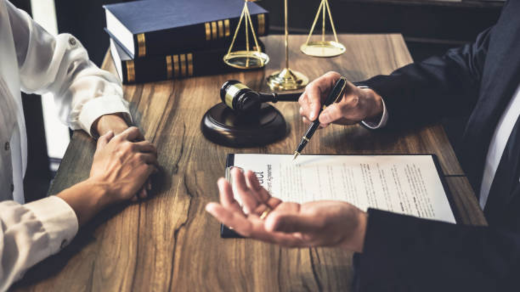The world of liquor sales and distribution is tightly regulated. An alcoholic beverage license plays a crucial role in this industry. It ensures that businesses operate within legal boundaries. This license allows establishments to sell alcohol legally. Without it, businesses face heavy penalties or closure. In this article, we explore how an alcoholic beverage license impacts the liquor trade.
Understanding the Alcoholic Beverage License
An alcoholic beverage license grants permission to sell alcohol. It is issued by local or state authorities. This license is mandatory for any business selling alcoholic drinks. Whether it’s a bar, restaurant, or liquor store, the license is essential. The process involves strict regulations and inspections. Businesses must meet specific criteria to obtain this license. These rules vary from one region to another. The license ensures public safety and compliance with laws.
Impact on Liquor Sales
Liquor sales depend heavily on having an alcoholic beverage license. This license opens doors for businesses to thrive in the market. It provides legitimacy and trust among consumers. Customers are more likely to visit licensed establishments. They feel assured about the quality and legality of the products. A licensed business can also participate in promotional events. This increases visibility and attracts more customers. The license acts as a gateway to higher revenue streams.
Distribution Channels Affected by Alcoholic Beverage Licensing
Distribution channels are significantly influenced by licensing requirements. Businesses need proper authorization to distribute alcohol. This includes wholesalers, retailers, and online platforms. The alcoholic beverage license ensures smooth operations in these channels. It helps maintain order and prevents illegal activities. Licensed distributors can access exclusive markets. They build strong relationships with suppliers and vendors. This leads to better product availability and pricing.
Regulatory Compliance and Legal Considerations
Compliance with regulations is critical for any alcohol-related business. An alcoholic beverage license enforces adherence to legal standards. It covers aspects like age verification, serving limits, and operating hours. Businesses must strictly follow these guidelines. Non-compliance results in fines, suspension, or revocation of the license. Regular inspections ensure that establishments meet all requirements. Staying compliant protects businesses from legal troubles.
Market Competition and Licensing Restrictions
Market competition intensifies due to licensing restrictions. Not every business can obtain an alcoholic beverage license. The application process is rigorous and competitive. Limited licenses create barriers for new entrants. Existing businesses benefit from reduced competition. They can focus on improving services and expanding their reach. Licensing restrictions also help maintain market stability. It prevents overcrowding and ensures fair play among competitors.
Economic Benefits of Holding an Alcoholic Beverage License
Holding an alcoholic beverage license brings significant economic benefits. It boosts revenue and enhances business growth. Licensed establishments attract more customers. They can offer a wider range of products and services. This increases profitability and customer satisfaction. The license also creates job opportunities. It supports local economies by generating tax revenue. Businesses contribute to community development through licensing fees.
Conclusion
An alcoholic beverage license profoundly impacts liquor sales and distribution. It ensures compliance with legal standards and promotes fair competition. The license opens avenues for economic growth and market expansion. Businesses must prioritize obtaining and maintaining this license. It guarantees long-term success and sustainability in the alcohol industry. By adhering to regulations, businesses contribute positively to society. The alcoholic beverage license remains a cornerstone of the liquor trade.





